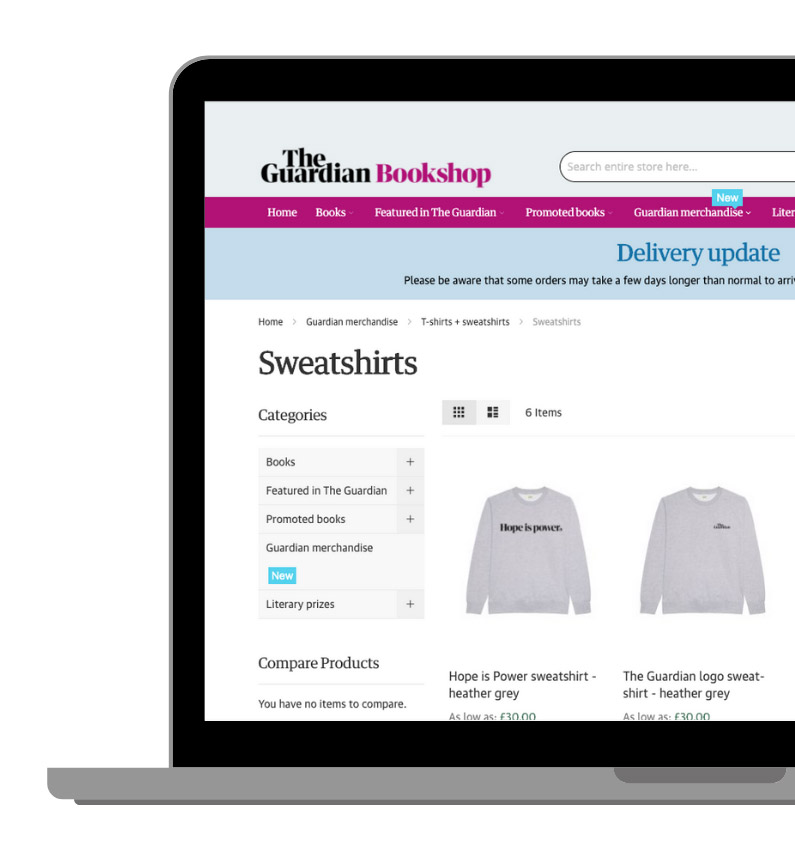As part of our series of articles dedicated to explore the top business models for publishers, today we analyze the less common business ideas. Even though they are not that obvious or frequent as, e.g. creating branded content or leveraging advertising, these options can be very profitable too. Ready to finally go through the last options?
Brand extensions

Have you even thought about your newspaper, magazine, blog, etc. like a brand? Well, then… newsflash! IT IS A BRAND. You have been working hard on image, logo, identity and style. You have a very clear editorial line. Your publication has personality and that’s what your readers love about it. This is exactly how brands work.
Like any other brand, any newspaper, magazine, podcast or content product, can leverage brand extensions. From t-shirts to mugs, everything contributes to support the publisher’s work. The best part is that this is not only a good strategy in terms of monetization, but it also helps to amplify your reach.
Take a look at the British newspaper The Guardian, for instance. They have not only a bookshop, but also an entire merchandise.
Event organizer
Like the extensions, the events can be an interesting option. Content creators and journalists have the ability to connect with many people who would be happy to share their work and opinions with a wider audience.
Among many other advantages, this type of business has the particularity of being very profitable for both parts, speakers or participants and hosts. It is a way to validate the authority of both, as well as to increase their credibility and reach. Not to mention that it can generate further ways of collaboration.
The events also generate new content and are an excellent source of data that the organizer could not access to otherwise. The Atlantic is one of the publishers who have been successfully leveraging this type of business and a great example of how to do it.
The crowdfunding tactic
Even though not everyone would associate crowdfunding and content creation, this option could be one of the most interesting business models for publishers starting their business. Like any other project, also media products might need a boost sometimes.
Also, this is a great way to test the project. Do people like it enough to help make it happen? If that’s the case, publishers can anticipate future subscriptions. However, this is not a sustainable business model as such. It involves working on many other monetization strategies to maintain the project afloat.
Once the project is stable, though, crowdfunding can still be also used to support specific initiatives every once in a while. It’s the case of Mother Jones, for example.

And what about investing?
Like any other business, publishing generates money. Money can be invested. As simple as that. Once you have managed to build a successful publishing business, you can start diversifying. The real advantage of this option is not a lot of cash coming in from other businesses, but the advertising.
Investing in other businesses not only gives the publisher credibility and power, but it also helps to reach new potential audiences. The alliances could happen in the same sector or with other companies somehow related to the media business. However, keeping the activity within the media environment is a more effective move, since it can be useful to beat your own competitors.
An example of this? Thomson Reuters.
Ready to expand your own horizons with new business models?
What are some other less known business models for publishers?
There are some less common actions publishers can do to increase profit, like organizing events, creating crowdfunding to support specific initiatives and developing merchandising to sell to their audience.
Why is investing beneficial for publishers?
Apart from the obvious goal of investing, which is to get a profit in a short, medium or long term, investing can be also beneficial to reach new potential audiences, as it gives the publishers power and credibility.